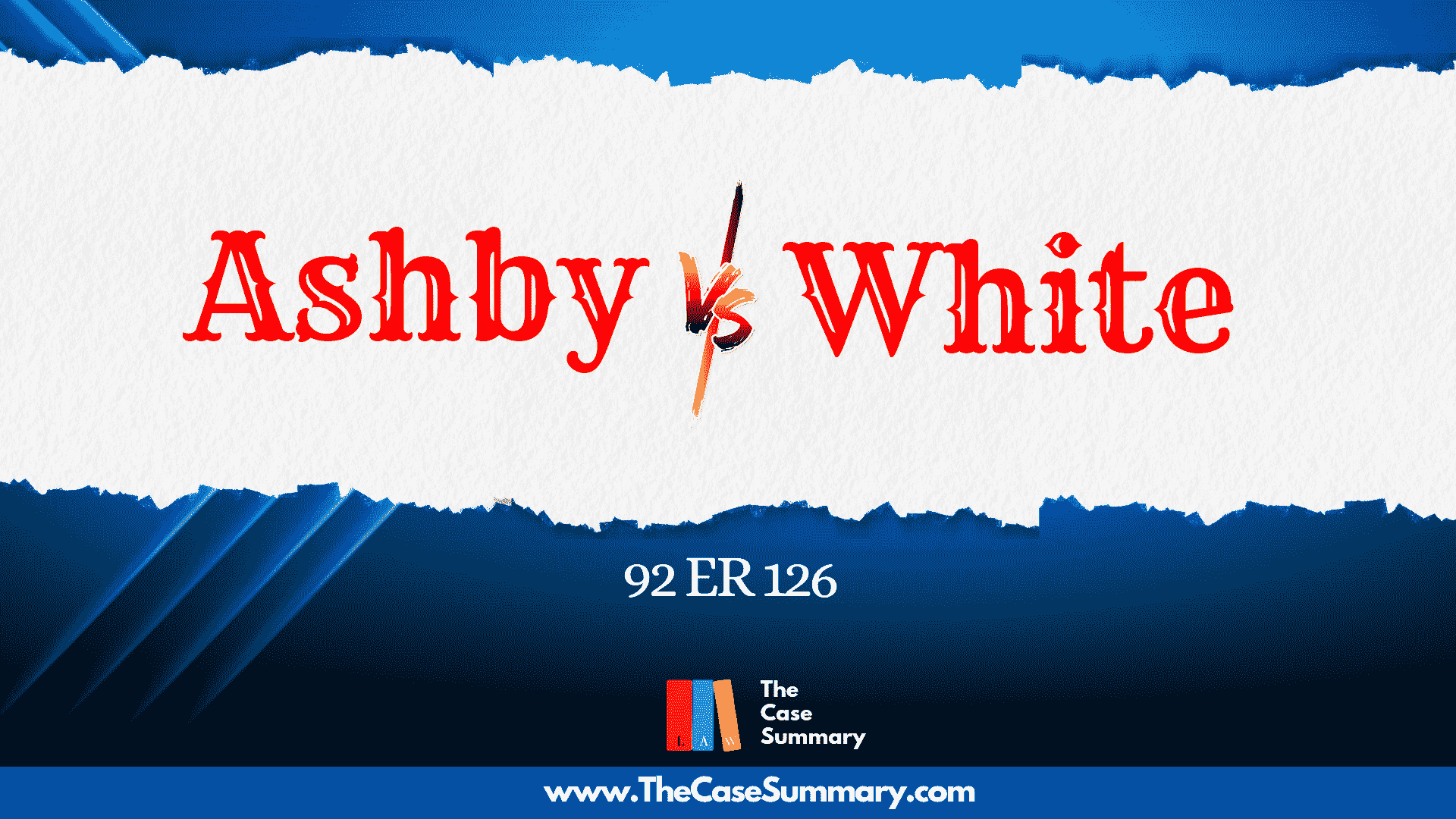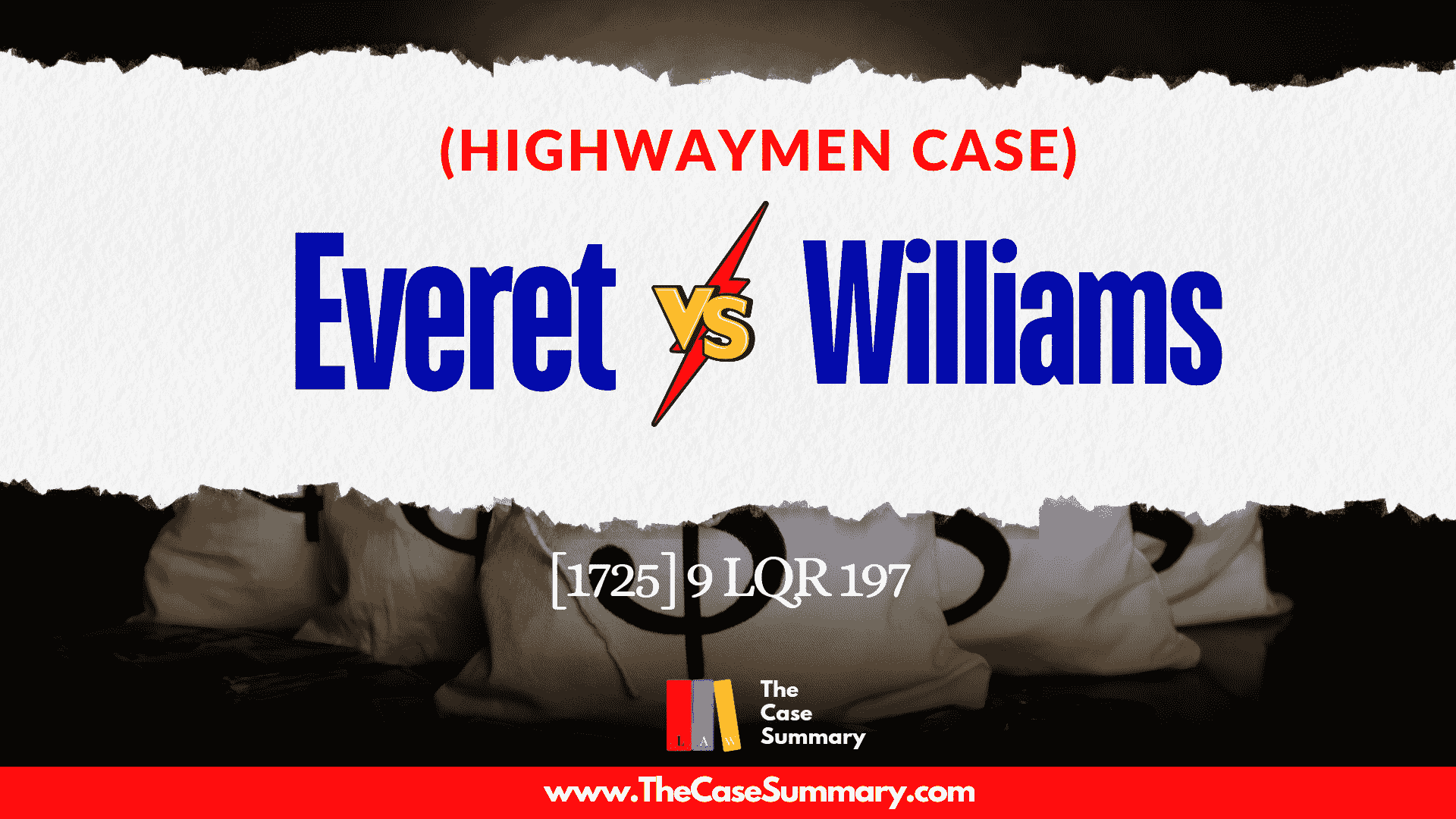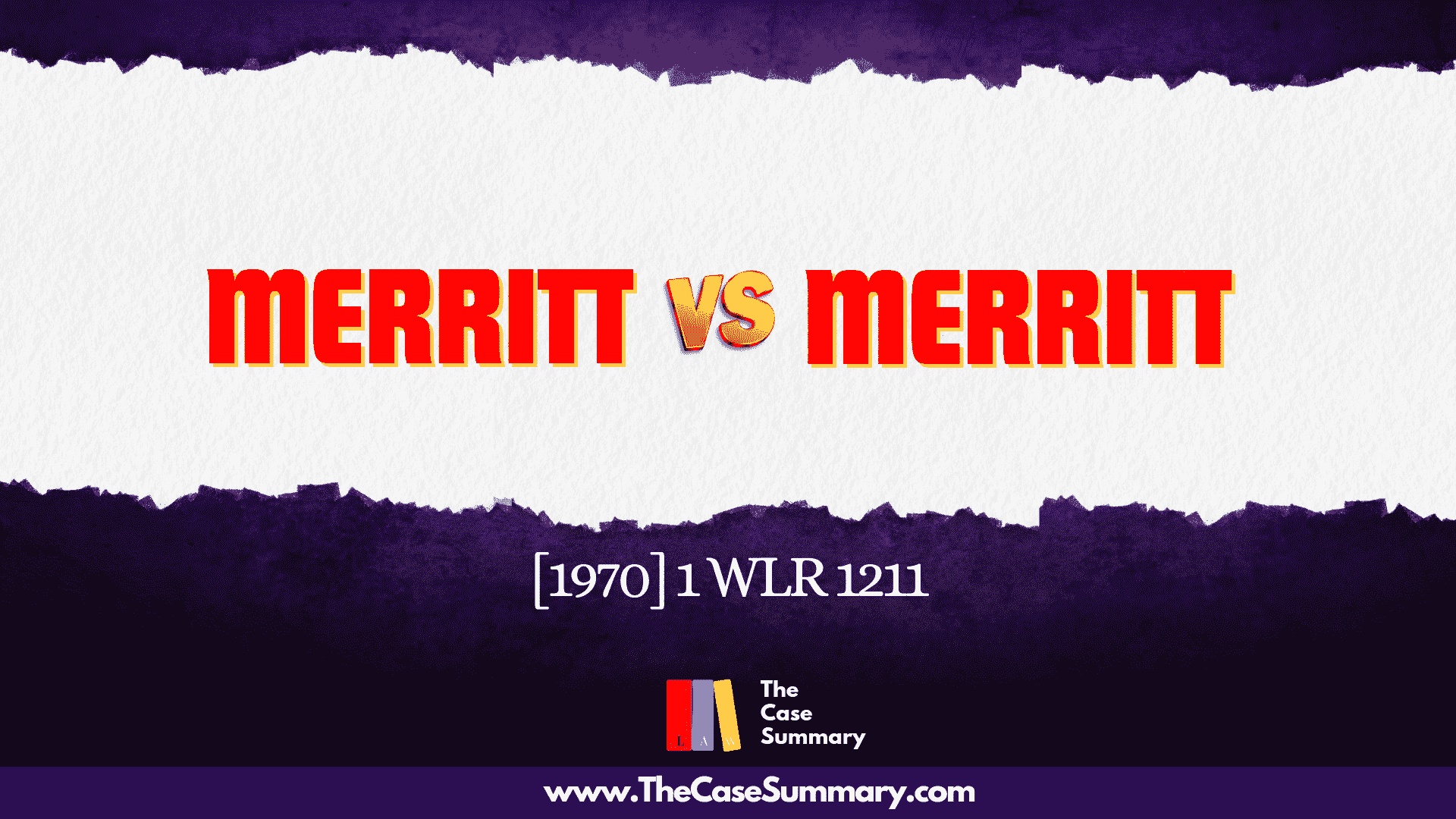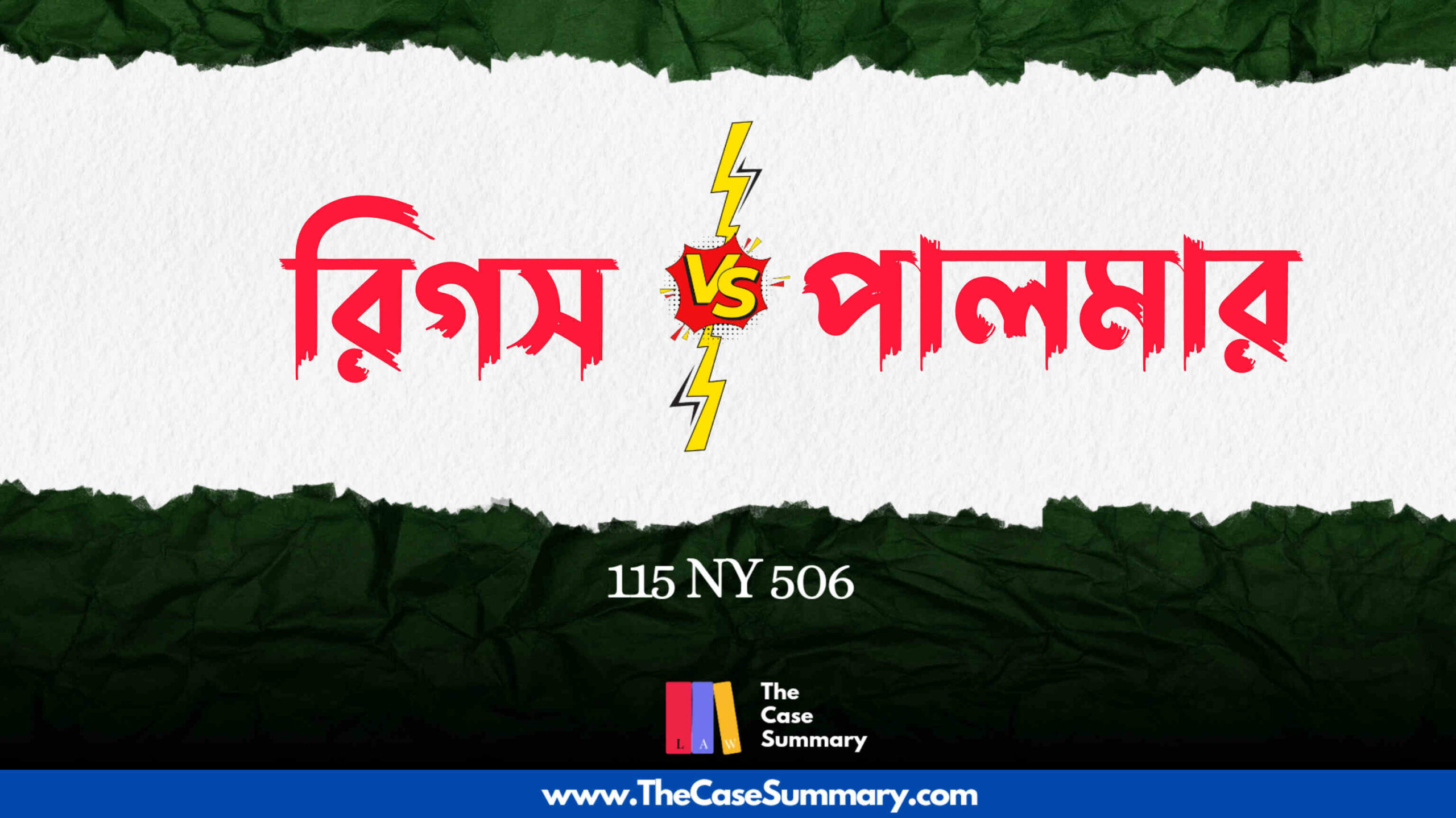Ashby vs White
Reference : 92 ER 126
Jurisdiction : England
Plaintiff : Mathew Ashby
Defendant : William White
Facts :
Mr. Ashby was a permanent resident of Aylesbury, England. A parliamentary election was being conducted within his locality, which was set to determine the next representative. Mr. White, a constable of the local police, was assigned to be on duty at the voting center as a returning officer. Upon Mr. Ashby’s arrival to cast his vote, he was prevented from voting by Mr. White, who asserted that Mr. Ashby was not a settled inhabitant of Aylesbury. According to the electoral regulations, it was mandated that voters must be permanent residents of the area. For that reason, Mr. Ashby would not exercise his voting rights in the election. But, the candidate to whom Mr. Ashby would have voted for, won the election. Later, on this basis of infringement of his legal right to vote”, Mr. Ashby filed a lawsuit against Mr. White.
Issues : Can Mr. Ashby file a lawsuit against Mr. White for a legal injury, even though no actual damage has occurred?
Argument :
The learned counsel for the plaintiff argued that the plaintiff, Mr. Ashby was a qualified voter. For a qualified voter ‘the right to vote’ is a statutory right and no one can prevent an individual from exercising this right. Any attempt to do so constitutes a clear violation of that individual’s legal right.
Conversely, the defendant’s counsel contended that the candidate Mr. Ashby intended to vote for had ultimately won the election. Furthermore, even if Mr. Ashby’s vote had been counted, it would not have affected the election outcome. Therefore, the restriction placed on Mr. Ashby did not result in any actual harm or damage.
Decision :
In the House of Lords, Lord Chief Justice Holt emphasized that by voting, a citizen selects and sends a representative to Parliament who will act on their behalf and participate in law-making. Therefore, the right to vote cannot be considered trivial. Voting in an election is a matter of the utmost importance and a significant privilege. To deprive the plaintiff of this right is a great injury.
The Court reinforced the legal principle known as the maxim “Injuria Sine Damnum“, which means “legal injury without damage.” The court held that it is not necessary for an injury to involve physical or pecuniary harm. A legal injury can occur without any financial loss, as every injury inherently implies damage. Therefore, an injury entails damage when an individual is deprived of their rights.
In the question of remedy, Lord Chief Justice Holt stated that, ❝If the plaintiff has a right, he must of necessity have a means to vindicate and maintain it, and a remedy if he is injured in the exercise or enjoyment of it, and, indeed it is a vain thing to imagine a right without a remedy; for want of right and want of remedy are reciprocal.❞
The Court referred to the Latin maxim, “Ubi Jus Ibi Remedium”, which means, “where there is a right, there is a remedy”. Since the right to vote is a fundamental right of a citizen, any restriction on exercising this right constitutes a violation. Therefore, the affected individual is entitled to a remedy.
Finally, the decision was in favor of the plaintiff, Mr. Ashby, by a vote of fifty to sixteen in the House of Lords.
Relevant Maxim :
Equity Will Not Suffer A Wrong To Be Without A Remedy : This is one of the fundamental principles of equity. It means that where the strict application of common law fails to provide justice or an adequate remedy, equity steps in to ensure that a wrong does not go unaddressed. This maxim emphasizes fairness and justice beyond the rigidity of the law. It expresses almost the same idea as another Latin maxim, ubi jus ibi remedium, which means “where there is a right, there is a remedy.”
Author :
1. Md. Atikur Rahman
Note: The Case Summary is a platform by the law students, for the law students. We aim to summarize the facts and decisions of various important cases in both Bangla and English with utmost caution. However, this platform is in no way a replacement for going through the complete judgements by the law students and we discourage any learner from relying on case summaries alone. Thank you



